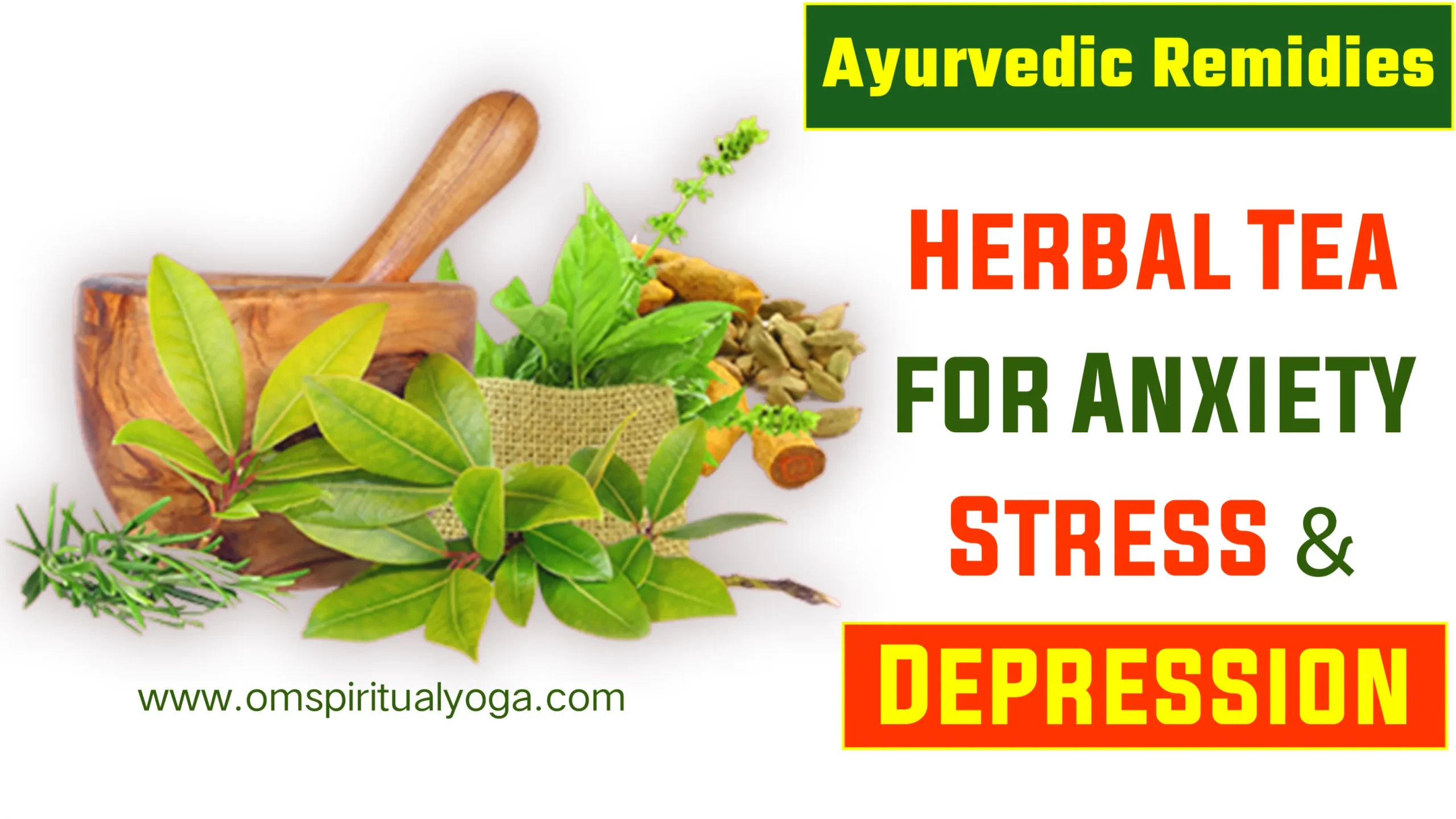Namaste! Stress is a common problem that affects many of us in our daily lives. While there are numerous ways to manage stress, one natural remedy that has been used for centuries is Tulsi, also known as holy basil. Today, we will explore Herbal Tea for Anxiety Stress & Depression how Basil/Tulsi can reduce stress and how to make Tulsi tea to promote relaxation.
Basil or Tulsi Tea
Let’s understand how Tulsi can help us reduce stress. In Ayurveda, Tulsi is considered a Satwik herb, which means it promotes purity and clarity of the mind. Tulsi is also regarded as an adaptogen, which means it helps the body adapt to stress by regulating cortisol levels. High levels of cortisol over an extended period can have harmful effects on the body, including an increased risk of depression, anxiety, and other health problems. Tulsi also has cooling properties, making it ideal for reducing inflammation in the body. Inflammation is a natural response to stress, but chronic inflammation can have a harmful effect on our body, including an increased risk of chronic diseases.
One of the easiest ways to consume Tulsi is by drinking Tulsi tea. So, let’s understand how to make Tulsi tea to promote relaxation. Tulsi tea has many health benefits, including reducing stress and promoting overall well-being. Making your own Tulsi tea is a simple and easy way to enjoy these health benefits.

Also Read – High Protein Breakfast Recipes for Weight Loss
Basil or Tulsi Tea Recipe
To make Tulsi tea, you’ll need fresh or dried Tulsi leaves, water, and optional herbs or spices for added flavor. Here’s how to prepare it:
- Boil a cup of water.
- Add five to six fresh or dried Tulsi leaves to the boiling water.
- Remove the pot from the heat.
- Cover the saucepan and let the Tulsi steep for 5-10 minutes.
- Strain the tea into a cup.
If desired, you can add honey, lemon, or other herbs for taste and a spicy flavor. One great thing about Tulsi tea is that you can customize it by adding various spices to create different flavors. For example, adding fresh ginger to your Tulsi tea can provide anti-inflammatory benefits, while a cinnamon stick can add flavor and help balance blood sugar levels. Crushed cardamom pods can also be added for additional digestive benefits.
Whatever herbs and spices you choose to add, be sure to enjoy your Tulsi tea while it is still warm to fully appreciate its many health benefits. So, try making your Tulsi tea today and see how it can help promote relaxation, reduce stress, and improve your overall well-being. Namaste!
Herbal Tea for Anxiety Stress & Depression

